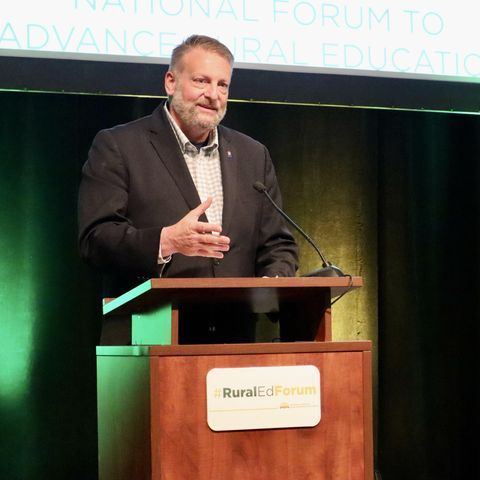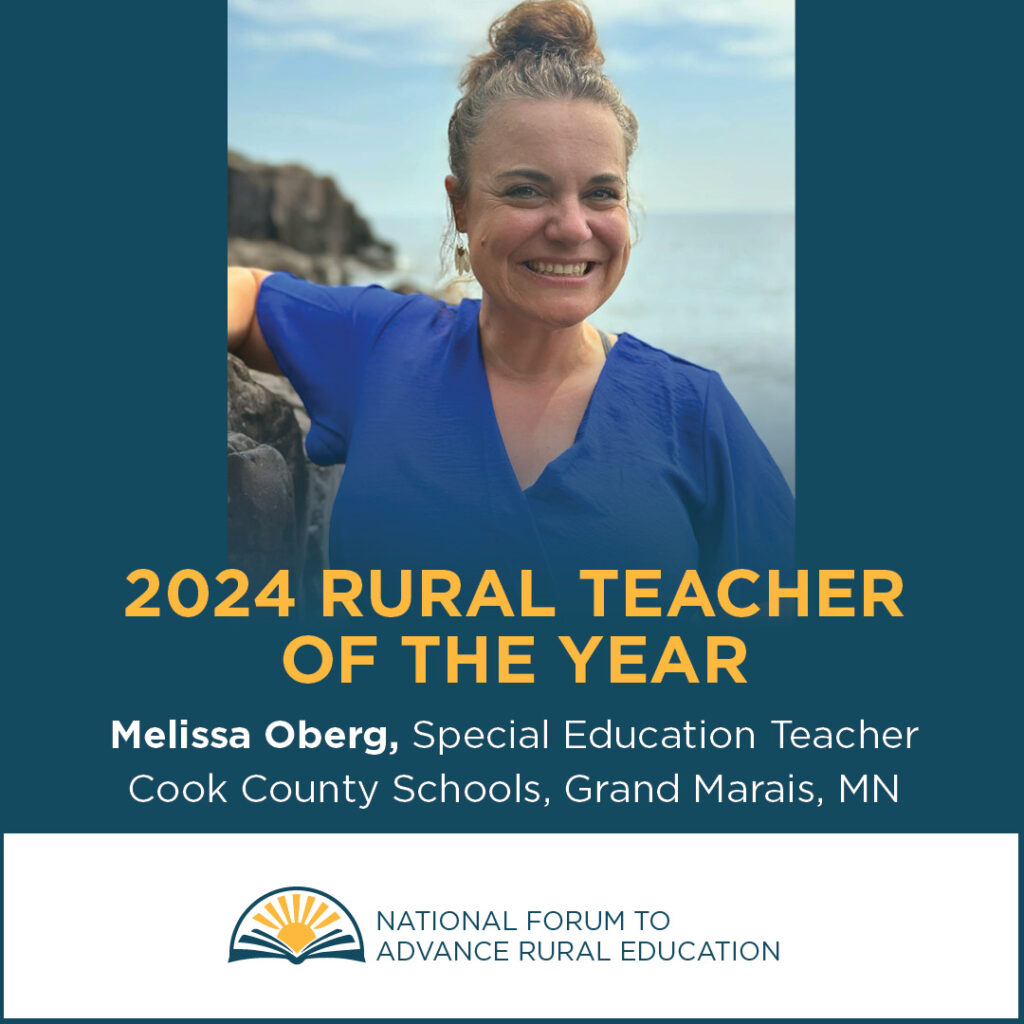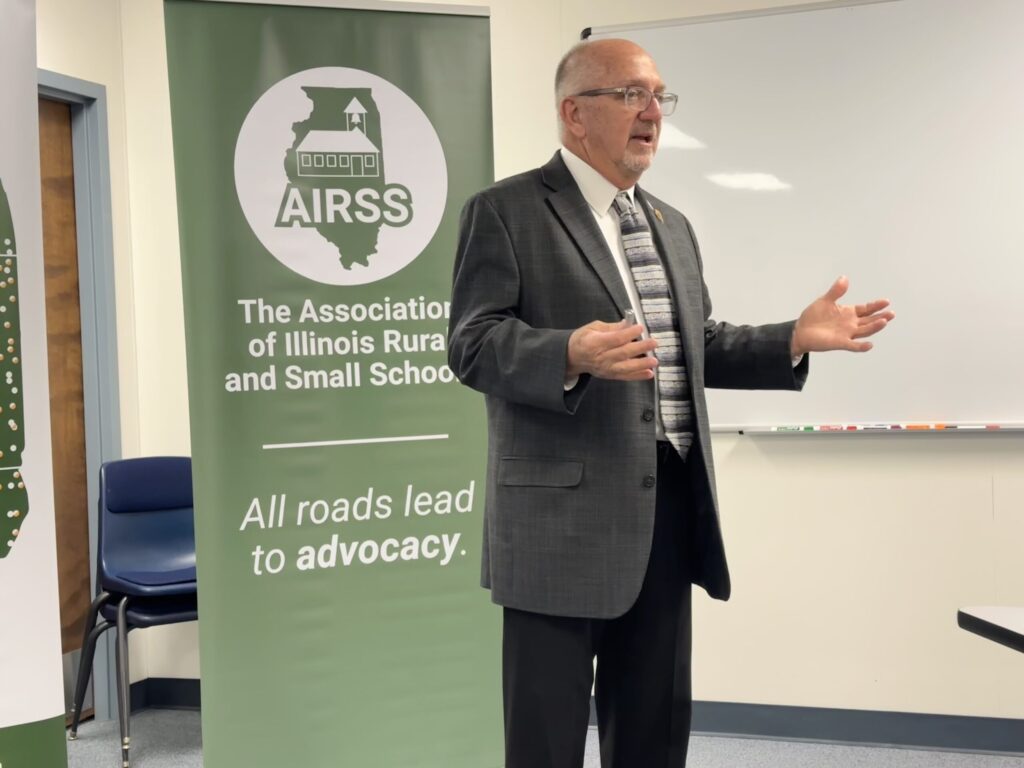FOR IMMEDIATE RELEASE
May 28, 2025
Tucson, AZ – The National Rural Education Association (NREA) is proud to announce the appointment of Dr. Melissa Sadorf as its next Executive Director, effective June 1, 2025.
Dr. Sadorf brings over 30 years of leadership experience in rural education, including her recent tenure as Executive Director of the Arizona Rural Schools Association (ARSA), her service as President of NREA’s Executive Board, and her role as Director of the NAU Rural Resource Center. A nationally recognized advocate, author, and speaker, Dr. Sadorf has built a legacy of lifting rural voices, forging strong state and national partnerships, and mentoring current and aspiring school leaders.
“Melissa’s visionary leadership and deep-rooted commitment to rural communities make her the right person to lead NREA into the future,” said Dr. Devon Brenner, President of the NREA Executive Board. “She has long been a powerful advocate for rural students, educators, and communities—and now she’ll bring that same energy to the national stage.”
In her new role, Dr. Sadorf will focus on expanding NREA’s membership reach, strengthening policy advocacy efforts, building leadership development pipelines, and amplifying innovative practices in rural education.
“I am honored to serve as Executive Director of the National Rural Education Association,” said Dr. Sadorf. “This is a pivotal time for rural education, and I look forward to working alongside our members and partners to tell our story, build capacity, and lead lasting change for rural schools across the country.”
Dr. Sadorf will serve as the NREA Executive Director starting June 1, 2025. For media inquiries or to request an interview, please contact Dr. Sadorf at melissa@nrea.net.
–
The National Rural Education Association (NREA) was originally founded as the Department of Rural Education in 1907. It is the oldest established national organization in the United States. Through the years, it has evolved as a strong and respected organization of rural school administrators, teachers, board members, regional service agency personnel, researchers, business and industry representatives, and others interested in maintaining the vitality of rural school systems across the country.




